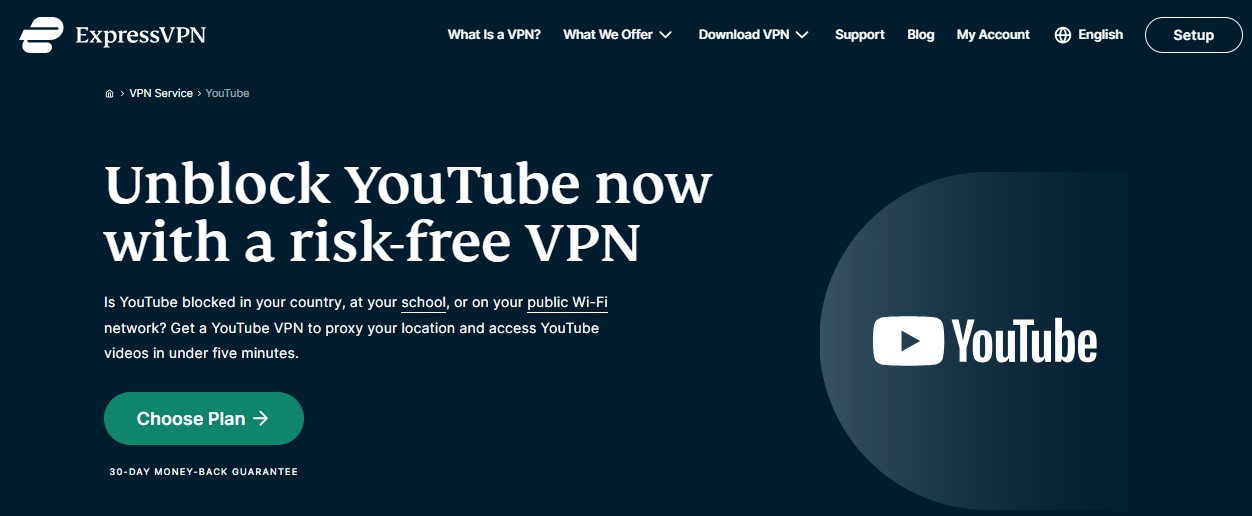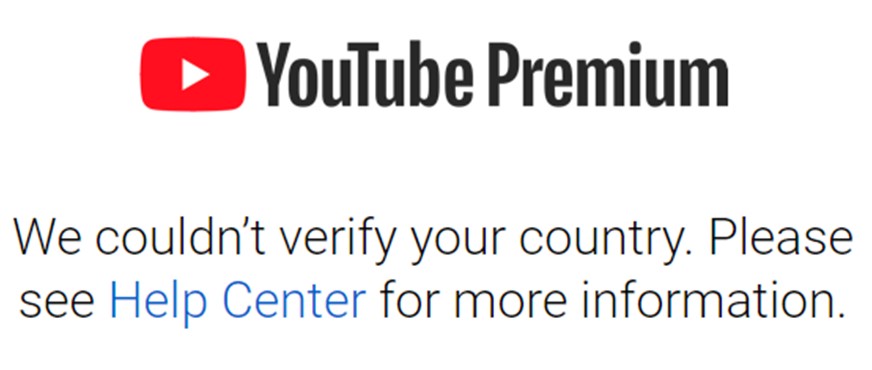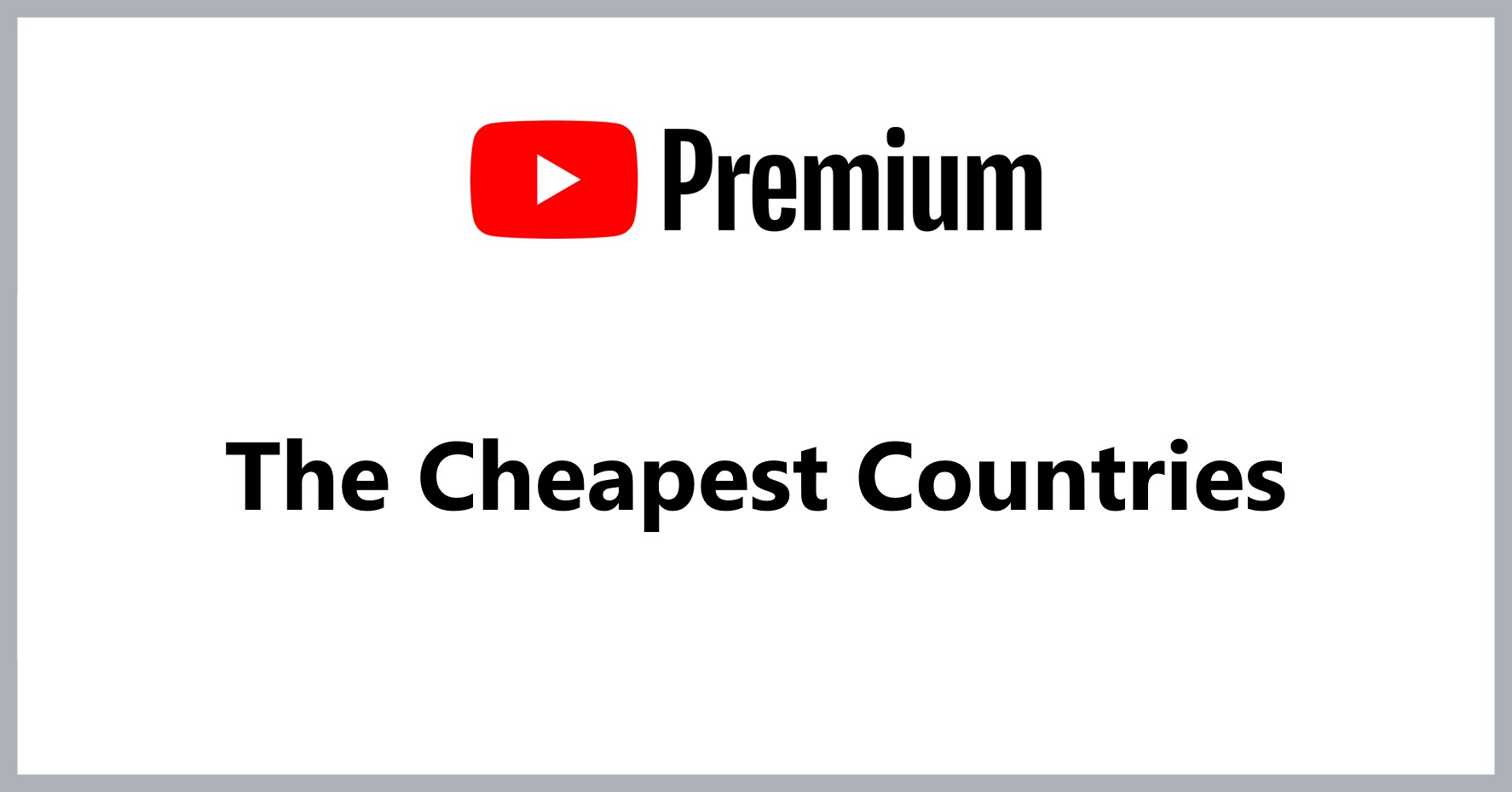Using a VPN to access YouTube is legal, VPNs are widely recognized as essential tools for protecting personal data, bypassing geo-restrictions, and maintaining anonymity while browsing the internet. However, the legal landscape for VPN usage is not uniform globally. In some countries, VPN use is heavily restricted or even outright illegal. While it is legal in many areas, there are precautions and risks to consider. This article will delve into these issues in detail.
※.Please be aware that the policy for using a VPN with YouTube Premium may change in the future, so any contract made using a VPN is at your own risk.
General Legality of VPN Use
VPNs, or Virtual Private Networks, are legal to use in many countries. They are technologies designed to enhance internet communication confidentiality and protect against potential interception by malicious third parties. VPNs also provide a dedicated virtual circuit for internet access. Therefore, using a VPN for activities like subscribing to YouTube Premium at a cheaper rate (by registering via countries like India, Turkey, or Argentina) or unblocking websites, is not inherently illegal.
In today’s digital era, many companies also employ VPNs to connect to their corporate intranets. Rather than being suppressed, VPNs are actively utilized in various parts of the world. In the majority of countries, including those in Europe, the United States, and many in Asia, VPN use is commonplace.
In some developed countries, the prevalence of VPN use varies: it’s about 15% in the United States, 18% in the United Kingdom, 10% in Australia, and around 14% in both France and Germany.
Reference: https://atlasvpn.com/vpn-adoption-index
ExpressVPN, a popular VPN service provider, even officially promotes its ability to unblock YouTube.

Countries Where VPN Use Is Illegal or Restricted
While VPNs are legal in the majority of nations, there are a few places where their use is either heavily restricted or outright illegal for various reasons. Here is a list of countries with usage restrictions, based on information from various sources:
- China: VPNs are heavily restricted. Only government-approved VPNs are legal.
- Russia: VPN use is heavily restricted.
- Belarus: VPNs are illegal.
- Turkmenistan: VPNs are illegal.
- North Korea: VPNs are illegal.
- Iraq: VPNs are illegal.
- Iran: Only government-approved VPNs are legal.
- Oman: VPNs are illegal for the public. Companies and organizations can use VPNs with a license.
- Egypt: VPNs are legal but with restrictions.
- Turkey: VPNs are legal but with restrictions.
- United Arab Emirates: VPNs are legal but heavily regulated.
- Syria: VPNs are legal but effectively restricted.
- Uganda: VPNs are legal but effectively restricted.
It is advised to explore more detailed information when using a VPN in these locations.>>More detailed information
YouTube Premium Terms of Service
Even though the use of VPNs itself is legal, please be aware that it may potentially violate the terms of service set by YouTube Premium. The terms of service for YouTube Premium’s paid service includes certain stipulations.
Geographic Restrictions
The Paid Services, and certain content available within the Paid Services, may only be available in certain countries. You agree that you will not present any false, inaccurate or misleading information in an effort to misrepresent your country of residence, and you will not attempt to circumvent any restrictions on access to or availability of the Paid Services or content available within the Paid Services.
Reference: YouTube Paid Service Terms of Service
There haven’t been reported instances of YouTube Premium forcibly suspending accounts or citing the terms of service as a reason for actions against VPN users.
Still, there is no guarantee this could never happen in the future, so it may be prudent to create a new account when using a VPN.
It’s challenging for YouTube to accurately determine your location and actual country of residence when accessing YouTube Premium. For instance, consider the following scenarios that may be seen as misrepresentation of one’s residence according to the terms of service, even without VPN use:
Person A, a resident of the U.S., impulsively signs up for YouTube Premium while on a trip in Turkey.
However, in the following scenario, Person B did not falsify their country of residence, at least at the time of registration:
Person B, who lives in Turkey, signs up for YouTube Premium while residing there. After moving to the U.S., they maintain their YouTube Premium subscription without any change.
There could be various other scenarios, and it seems most likely that YouTube primarily considers the country of the server from which the site is being accessed “right now”.
Measures YouTube Premium Might Take Against VPNs
YouTube Premium can detect IP addresses that appear to be from VPNs and block access from those addresses. If you try to access a YouTube video with a VPN, you may encounter a restricted access screen.

However, VPN providers often update their services to circumvent such blocks. It’s essentially an ongoing game of cat and mouse between YouTube Premium and the VPN providers. Another potential strategy could be to limit the payment methods accepted by YouTube Premium.
How to Get YouTube Premium Cheaper by Country
By using a VPN service, you can access YouTube Premium at a cheaper rate. If you’re interested, please follow this link for more detailed information. Please note that the recommended VPN providers can vary by country.
▼ How to Get YouTube Premium for a Lower Price ▼
Conclusion
- Using a VPN to access YouTube is legal.
- Even though the use of VPNs itself is legal, please be aware that it may potentially violate the terms of service set by YouTube Premium. However, There haven’t been reported instances of YouTube Premium forcibly suspending accounts or citing the terms of service as a reason for actions against VPN users. Because, it’s challenging for YouTube to accurately determine your location and actual country of residence when accessing YouTube Premium.
- In the future, it could be to limit the payment methods by YouTube Premium.
